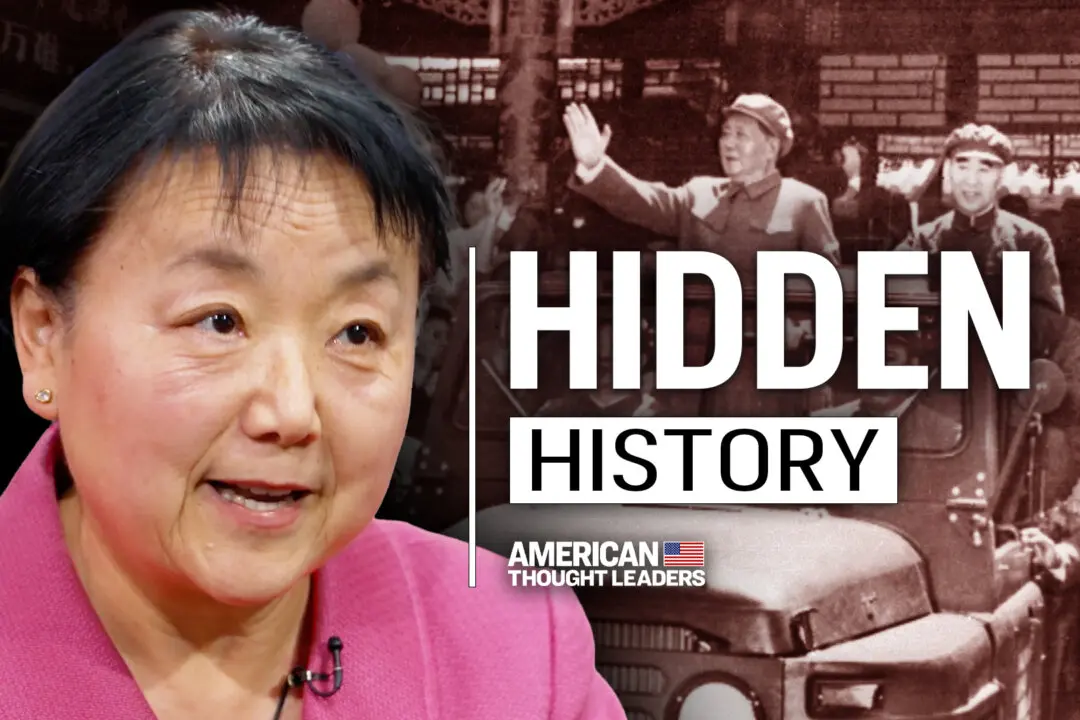“The Chinese could cripple the United States—not just the military, but the entire U.S. society” with a surprise attack on America’s satellites, according to Bill Gertz, a national security columnist for the Washington Times and Senior Editor of the Washington Free Beacon.
China has built anti-satellite missiles and other weapons that make it capable of “severely disrupting or destroying” U.S. satellites in low earth orbit by 2020, according to the Pentagon’s Joint Staff intelligence directorate. America heavily relies on satellites for communications, transportation, finance, and military data collection.





